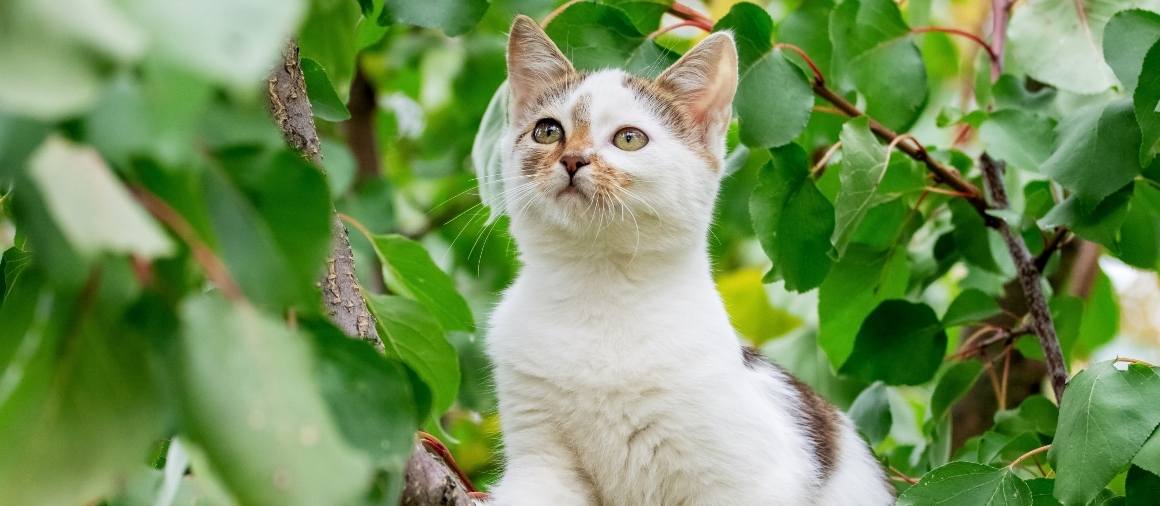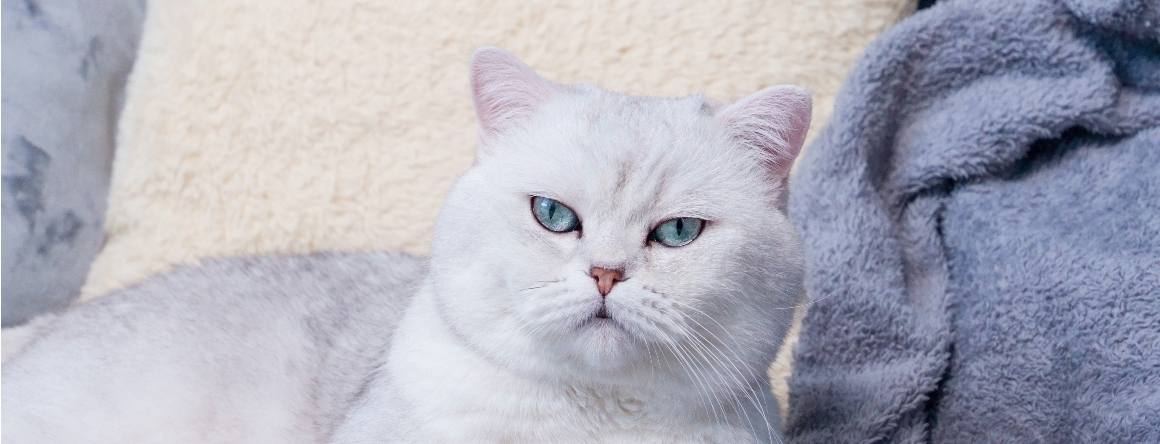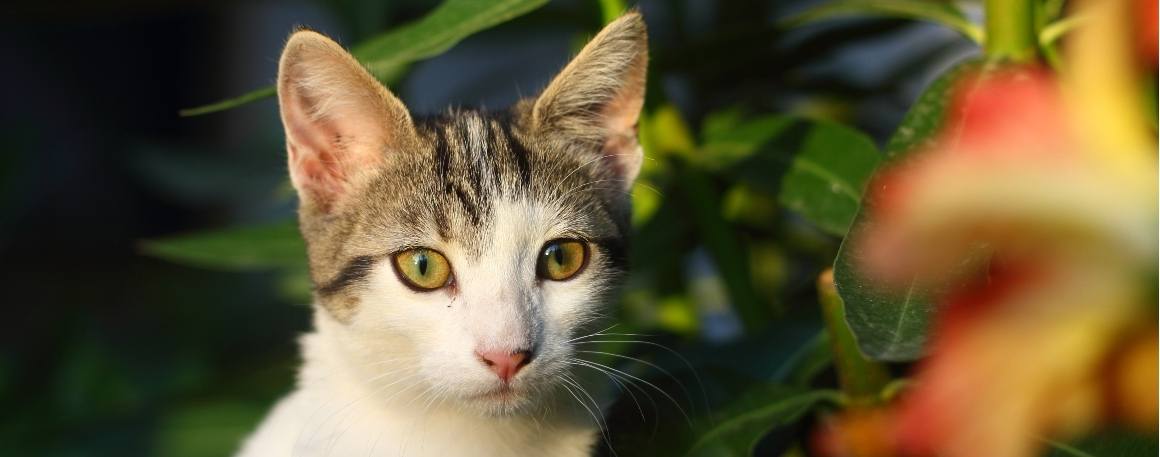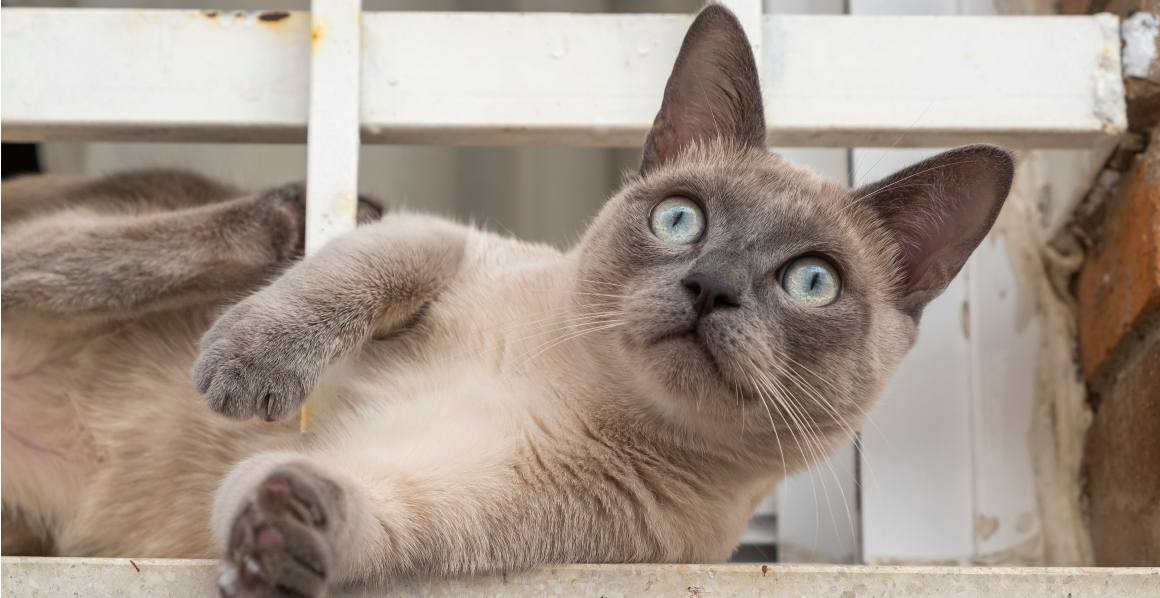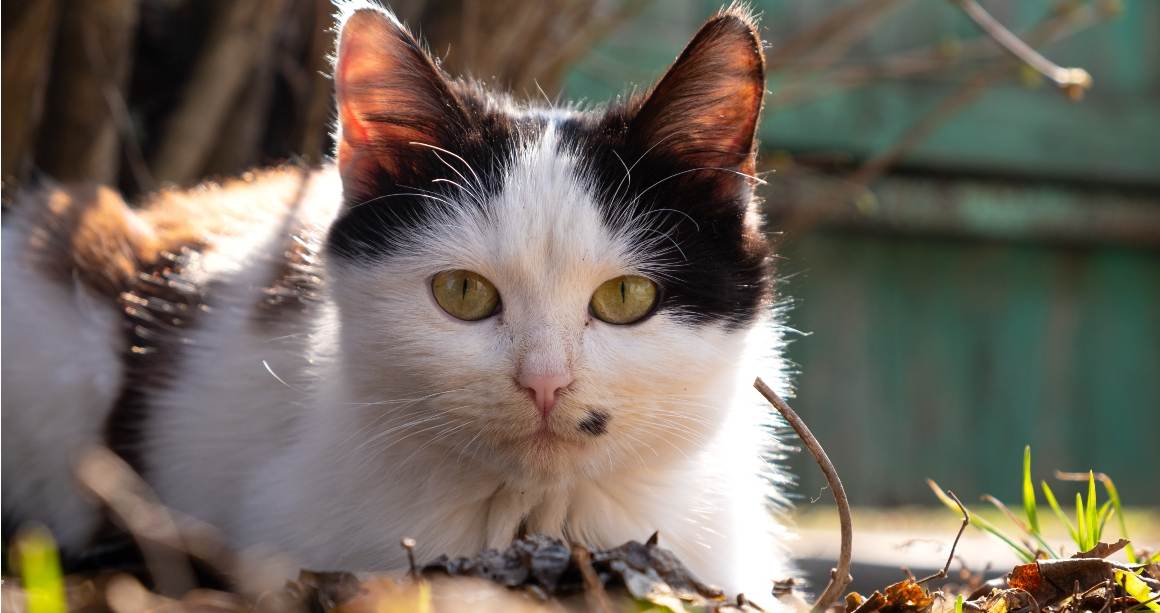
Latest news | Page 32
-
What is the side effect of CBD in cats?
October 15, 2023
While CBD may provide benefits like reduced anxiety and pain relief, it also carries potential side effects for cats like drowsiness, upset stomach, and changes in liver function. CBD overdoses can also be toxic. Working closely with your vet on product selection, dosing, and monitoring is crucial. Research is still limited, so CBD is not yet broadly recommended and should be used cautiously under medical supervision until more is known about its long-term safety and efficacy in cats.
-
Can Cats Absorb CBD Through Their Skin?
October 15, 2023
While cats may absorb some CBD through their skin when applied topically, the absorption rate is lower compared to oral administration. Potential localized benefits for cats exist, like pain relief and soothing skin irritation, but more studies are required to verify safety and efficacy, especially for long-term use. Most evidence currently suggests traditional CBD oils and treats are more reliably absorbed in cats than topical products.
-
What Happens If A Cat Has Too Much CBD?
October 15, 2023
While CBD is generally safe for cats, excessive amounts can result in side effects like lethargy, diarrhea, dry mouth, and changes in appetite. Doses over 2 mg per kg of body weight increase the risks. Carefully monitor your cat after administering CBD and watch for signs of overdose like lack of energy, wobbly gait, and digestive distress. If you suspect CBD overdose, stop giving it immediately, limit stimulation, and contact your veterinarian for guidance. Effects usually resolve within 24 hours.
-
How Much CBD Should I Give My Cat?
October 15, 2023
As CBD grows popular for human use, cat owners are now exploring its potential to support feline health too. Early research shows CBD may help cats with anxiety, pain, seizures, and more like it does for humans. While evidence is limited, CBD appears relatively safe for cats if given at proper doses using high quality, pet-specific products. Always consult your vet before supplementing CBD to find the best regimen for your cat's needs.
-
Will CBD Make My Cat Less Aggressive?
October 15, 2023
While more studies are needed, CBD oil and treats show promise for decreasing aggression in cats stemming from anxiety, pain, stress, or frustration. CBD can minimize common aggression triggers through its calming and pain-relieving properties. However, it's critical to consult your veterinarian before using CBD products to ensure proper dosage and monitoring for your cat's safety and optimal results.
-
Do Vets Recommend CBD Oil for Cats?
October 15, 2023
While most mainstream veterinarians recommend caution regarding CBD oil for cats until more research is conducted, some holistic vets are open to considering it for issues like anxiety, chronic pain, arthritis, and seizures under careful veterinary guidance and supervision. However, vets emphasize starting with tiny doses and monitoring for side effects. If pursuing CBD for a cat, it's crucial to choose high quality, pet-specific products and closely follow dosing instructions provided by the vet.
-
Can I Use Human CBD on My Cat?
October 15, 2023
While human CBD oils are increasingly popular, they can be inappropriate and unsafe for feline use. Lack of regulation means improper dosing, ingredients and contaminants in human CBD present risks to cats. Only use veterinarian-approved CBD oils specifically formulated for pets, not human products. With guidance from your vet on proper dosing for your cat's size, high quality CBD made for cats can be used cautiously for potential benefits. But improper use of human CBD products in cats can result in toxicity and adverse effects.
-
Can CBD Oil Help Cats with Itching?
October 14, 2023
Excessive scratching and licking in cats often indicates an underlying issue requiring treatment. While not a cure, CBD oil could provide additional relief by controlling inflammation, irritation, and dry skin as well as easing stress-related obsessive grooming. CBD works best paired with prescription medications, allergy management, medicated shampoos, or other primary treatments a vet recommends for diagnosing and addressing the root causes of feline itching.









